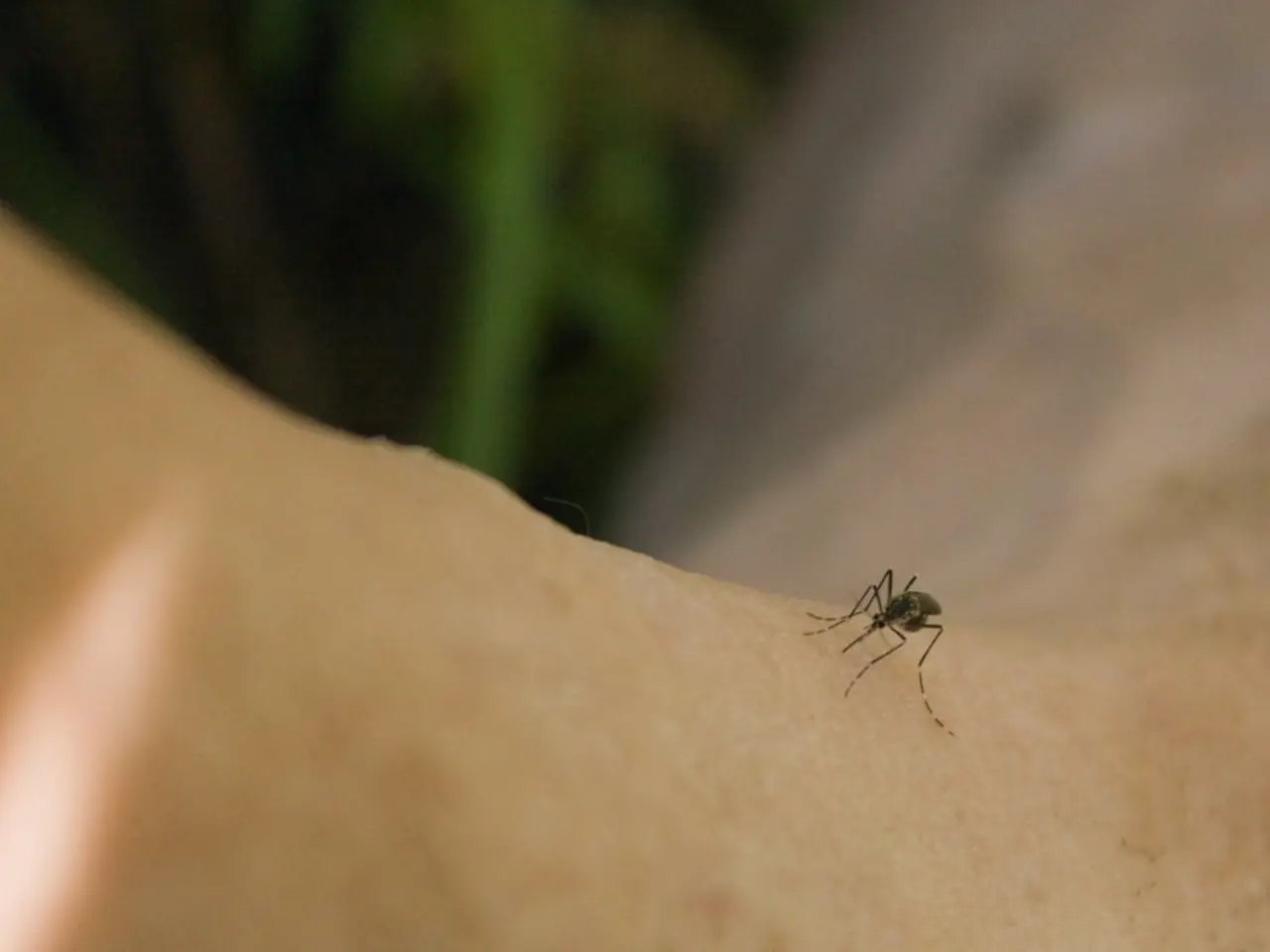Impact of Climate Change on the Propagation of Diseases: Strategies for Malaria and Zika Prevention
In a world where climate change is increasingly becoming a reality, its impact on public health is gaining significant attention. Two diseases that are particularly sensitive to environmental changes are malaria and Zika.
Malaria, a disease highly dependent on environmental conditions, is seeing a resurgence in regions such as high-altitude areas in Africa and parts of South America. Warmer climates, enabling the survival and reproduction of malaria-transmitting mosquitoes, are expanding the geographic range of the disease. This is particularly concerning for areas near the equator and high-altitude zones, where the warming climate is expanding the habitat of these mosquitoes.
The Zika virus, primarily transmitted by Aedes mosquitoes, is also affected by temperature and precipitation changes. Warmer climates are enabling these mosquitoes to survive in new regions, increasing the risk of Zika outbreaks in previously unaffected areas. Altered rainfall patterns can create new breeding sites for mosquitoes, further exacerbating the risk.
Addressing these health threats requires a multifaceted approach. Locally, governments must prioritise funding and support for research, healthcare infrastructure, and public education. Public health campaigns promoting the use of mosquito repellent, protective clothing, and screens to keep mosquitoes out of homes are effective preventive measures against the Zika virus.
Investment in vector control strategies, such as the use of genetically modified mosquitoes to curb population growth, is an innovative approach currently under exploration for controlling the Zika virus. Research continues into developing a Zika vaccine, which could provide a critical defense against future outbreaks.
Policies that focus on reducing greenhouse gas emissions and mitigating climate change impact contribute indirectly to controlling the spread of diseases like malaria and Zika. Global cooperation in predicting and responding to climate-driven malaria risks is critical, leveraging technology and data analytics to anticipate outbreaks and implement timely interventions.
A collective effort from researchers, policymakers, healthcare professionals, and communities is required to mitigate the effects of climate change on public health. This commitment will not only curb the spread of malaria and Zika but also enhance overall resilience against climate-induced health challenges for the years to come. International cooperation is necessary to share resources, technology, and knowledge for combating these diseases in the context of climate change.
Collaborative efforts involving government agencies, NGOs, and the private sector are vital in creating resilient health systems capable of responding to climate-driven disease threats. Improved surveillance systems are necessary to monitor Aedes mosquito populations and detect outbreaks of the Zika virus early.
In conclusion, climate change poses a significant threat to public health, particularly in relation to diseases like malaria and Zika. However, with a collective effort and cooperation, it is possible to mitigate these risks and build resilient health systems capable of responding to climate-driven disease threats.
Read also:
- Hospital's Enhancement of Outpatient Services Alleviates Emergency Department Strain
- Increased Chikungunya infections in UK travelers prompt mosquito bite caution
- Kazakhstan's Deputy Prime Minister holds discussions on the prevailing circumstances in Almaty
- In the state, Kaiser Permanente boasts the top-ranked health insurance program






